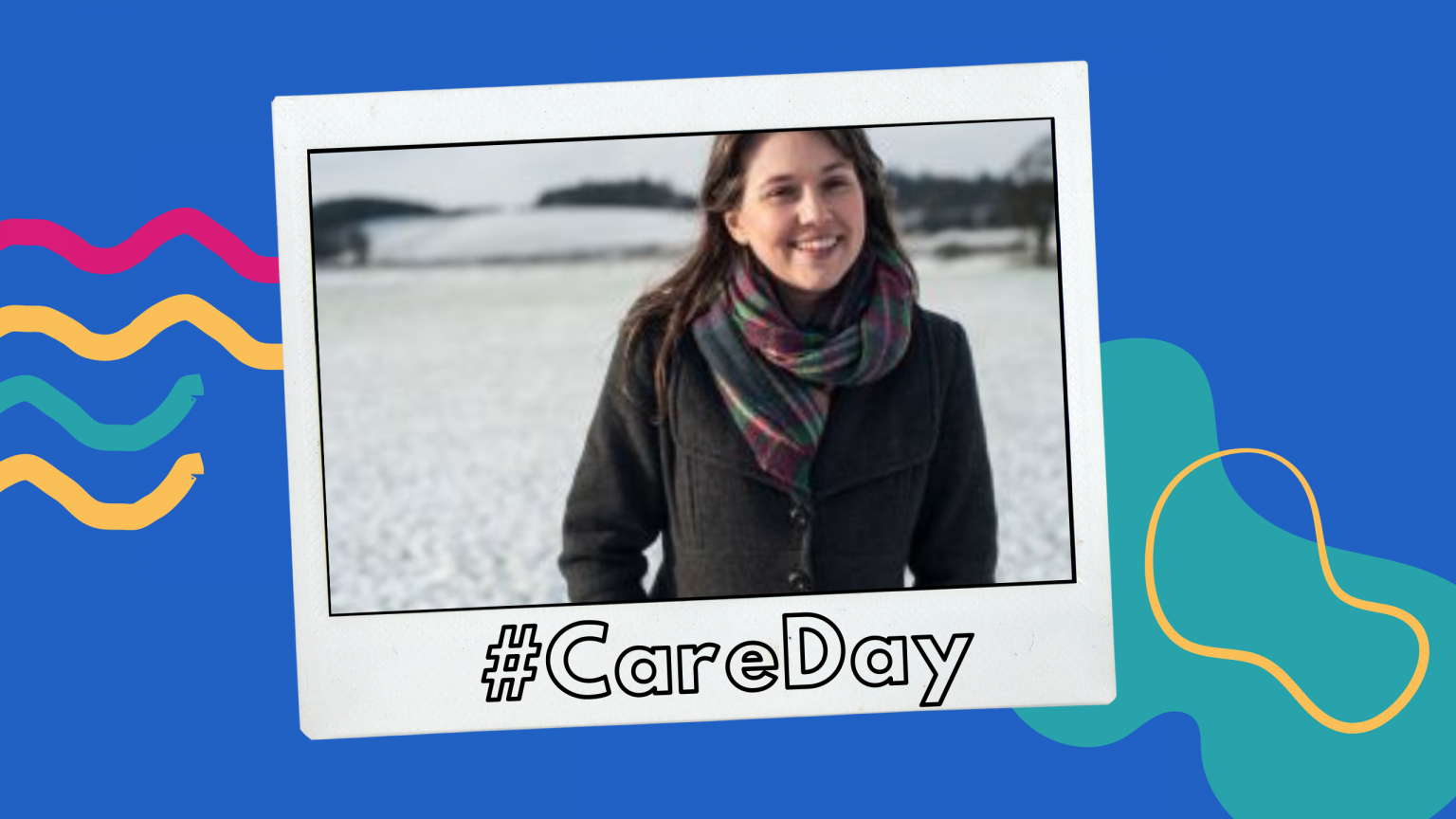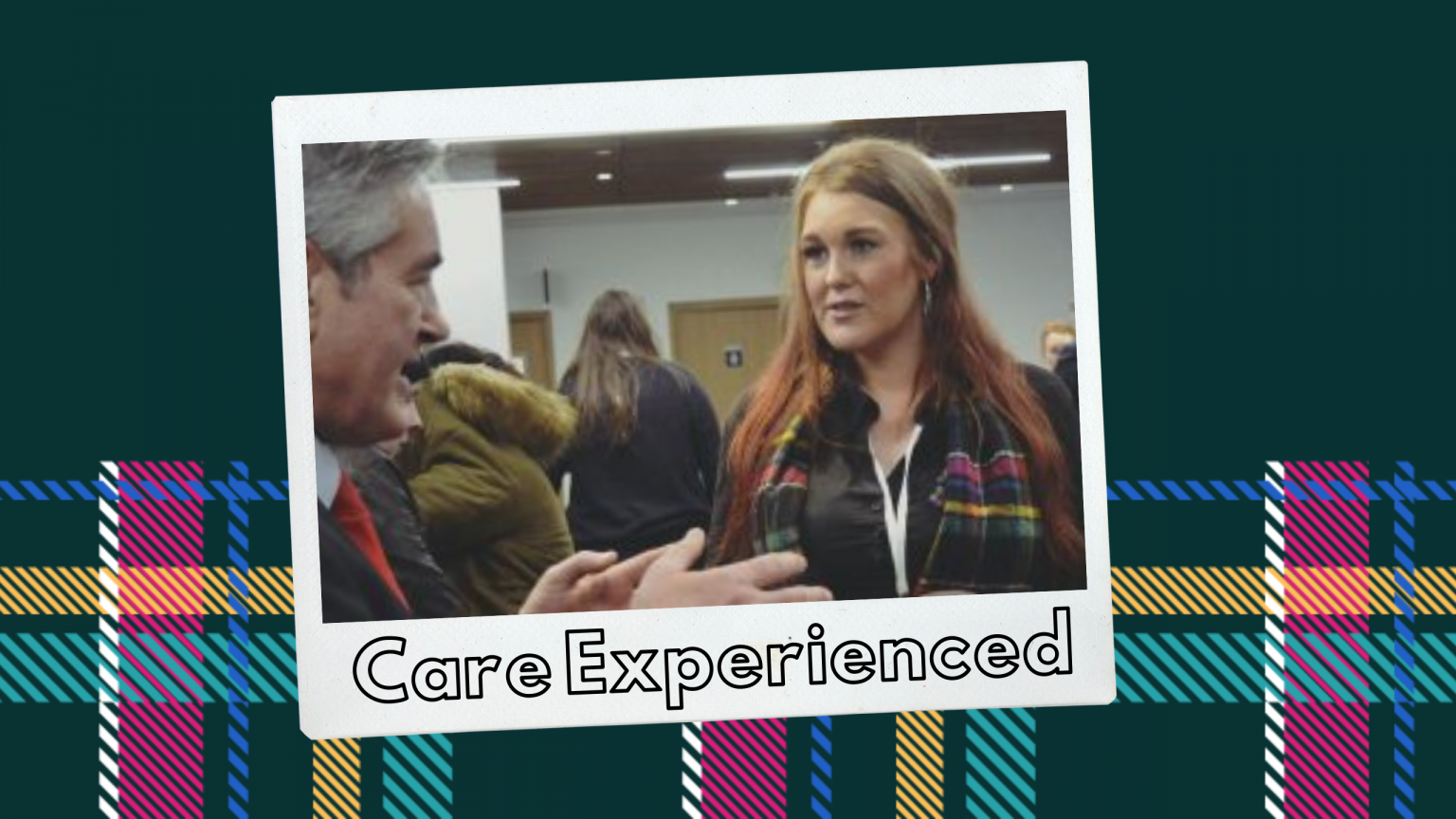New statistics published by the Scottish Government show that there has been little change in the educational outcomes for care experienced people at school. We are not doing as well as others.
Statistics tell us that there is a problem. But they don’t tell us why that problem exists.
I have been one of those statistics. My education history has not always been great. At a young age I was seen as a class clown. I remember the word ‘delinquent’ being used to describe me. My behaviour, which was labelled as disruptive, led to me being made to leave two separate primary schools.
I didn’t make a decision when I woke up in the morning to be disruptive, or to demand negative attention from my teacher. I just wanted someone in my life to reassure me that it was okay to stay still.
The circumstances that led to me being taken into care aren’t unique. Like a number of care experienced people, I was exposed to violence. My family moved around a lot. I didn’t seem like I was anyone’s priority. After a very serious incident, I was taken into care.
When I was at high school, I had a realisation that I wanted better than what I had come from and that education was a route to something different. I saw, from my family and from those around me, where young people like me are destined to go and I didn’t accept it.

My behaviour changed and what I got out of school changed too. I achieved grades that, compared to those from more privileged backgrounds, were not necessarily THE best. They were my best though. And they landed me a scholarship for care experienced young people at Harvard University – the uni chosen by eight former American Presidents.
I spent a summer in America, doing more learning than I had ever done before and seeing more of the world than I ever had before. I came back from that summer school determined to make the most of my future but realistic about the challenges ahead of me. I had no idea what support was open to me and I was nervous about taking on a four year degree course and all the debt that comes with it. I’m now finishing an Honours degree in Management and Marketing from the University of Strathclyde.
I have done better than the statistics published would have you believe is possible. That is in large part due to the nurturing environment that care surrounded me with.
But it is also true to say that some of my success came from a place of fear. I have seen talented and smart young people drift away. I knew that unless I held my education tight, the same could easily have happened to me.

Challenges still present themselves. I will be graduating in November whilst all my friends are graduating together in July. As my fourth year got under way, I had another move, from supported accommodation to a private tenancy. The stress and the instability that came from moving made it impossible for me to focus and my course work slipped. I was too worried about where I would be in six months to worry about what I had to do today. Fortunately, I was offered support by Debbie, the care leaver contact at the University of Strathclyde and she worked so hard to help me get back on track. She took some of the weight off my shoulders and spoke to my lecturers, so that I didn’t need to have five different conversations about how I struggled after leaving care.
In my life, even when I was seen to be disrupting classes, I never lacked aspiration. I don’t think many care experienced people do. What we can sometimes lack is any kind of a clear path to realising our potential.
The First Minister has launched an independent review into care. She has said that care should focus on doing things for young people, not stopping things happening to us.
My hope is that the review goes beyond statistics and beyond quick fixes to the challenges that we face. Of course an exemption from Council Tax and help with budgeting is good. Those fixes don’t, however, address the actual problem that care experienced people are asked or required to leave home before they are ready.
It is no surprise to learn from the statistics that young people who aren’t moved around, who feel stable and secure in where they live, do better at school. The task ahead of us now, which I am committed to help us achieve, is to make sure that every young person who is taken into care feels that stability and security without worrying about a cutoff date. Because our potential is too great and this opportunity too rare for this to be missed.








